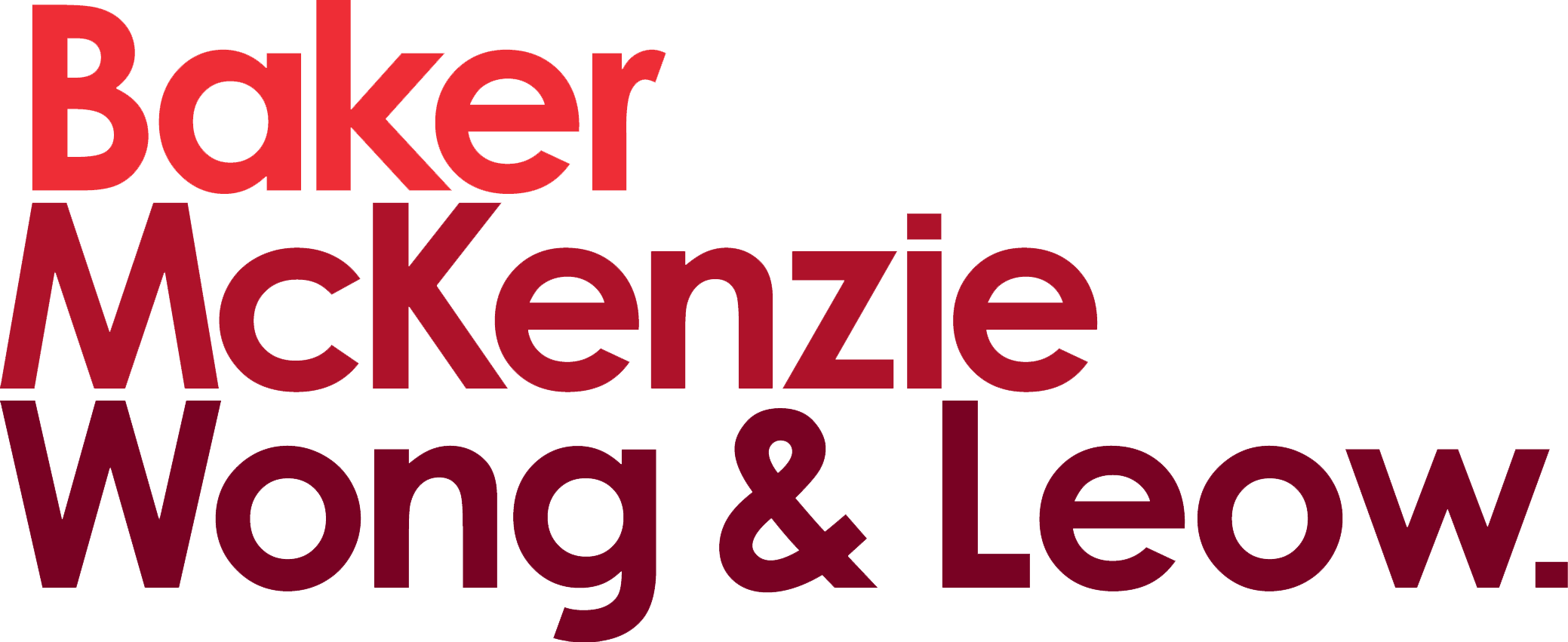In brief
The Health Sciences Authority’s (HSA) Medical Devices Cluster (MDC) has released draft Regulatory Guidelines for Laboratory Developed Tests (LDTs).
The HSA’s MDC has invited stakeholders to provide feedback on the draft document, with the consultation period being from 12 July 2022 to 12 August 2022.
In more detail
The HSA’s MDC has released draft Regulatory Guidelines for LDTs, which seeks to provide guidance to laboratories on understanding the regulatory requirements applicable to LDTs. In particular, the draft Regulatory Guidelines explain the scope of LDTs and set out an overview of regulatory controls for LDTs, including product controls, manufacturing quality controls and post-market controls.
LDTs are in vitro diagnostic tests (IVDs) that are regulated as medical devices. In particular, they are IVDs that are developed and manufactured within a licensed clinical laboratory and solely for use within the same laboratory where it was developed; and intended for specific clinical diagnostic use.
Through the Regulatory Guidelines, the HSA’s MDC has sought to provide some examples on what are and are not considered as LDTs. For instance, LDTs do not include the following (amongst others):
- The use of commercial IVDs for purposes other than the intended use / indications for use specified by the manufacturer; and
- Use of “research use only” tests or assays by licensed clinical laboratories for clinical diagnostic purposes.
The HSA’s MDC has also provided a brief overview of regulatory controls for LDTs, which is summarised below:
- Product controls
As LDTs are developed and used by laboratory professionals with expertise and experience within their own facility, LDTs are not required to undergo product evaluation by or registration with the HSA. Instead, clinical laboratories would be able to notify the list of LDTs that they implement and use in their laboratory at the Ministry of Health’s (MOH) licensing portal.
- Manufacturing quality controls
Clinical laboratories that develop and use LDTs for clinical diagnostic purposes are considered manufacturers. They would already be licensed under the Healthcare Services Act, and therefore not be required to hold a manufacturer’s licence from the HSA.
However, clinical laboratories are required to implement and maintain appropriate quality management systems. This is to ensure that all batches of LDTs manufactured continue to meet consistent quality and performance specifications.
- Post-market controls
Clinical laboratories that manufacture LDTs have to comply with post-market requirements prescribed under applicable healthcare regulations, including the reporting of adverse events and field safety corrective actions, including recalls.
****
The HSA’s MDC has invited stakeholders to provide feedback on the draft Regulatory Guidelines from 12 July 2022 to 12 August 2022.

© 2022 Baker & McKenzie.Wong & Leow. All rights reserved. Baker & McKenzie.Wong & Leow is incorporated with limited liability and is a member firm of Baker & McKenzie International, a global law firm with member law firms around the world. In accordance with the common terminology used in professional service organizations, reference to a “principal” means a person who is a partner, or equivalent, in such a law firm. Similarly, reference to an “office” means an office of any such law firm. This may qualify as “Attorney Advertising” requiring notice in some jurisdictions. Prior results do not guarantee a similar outcome.



